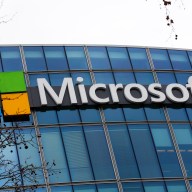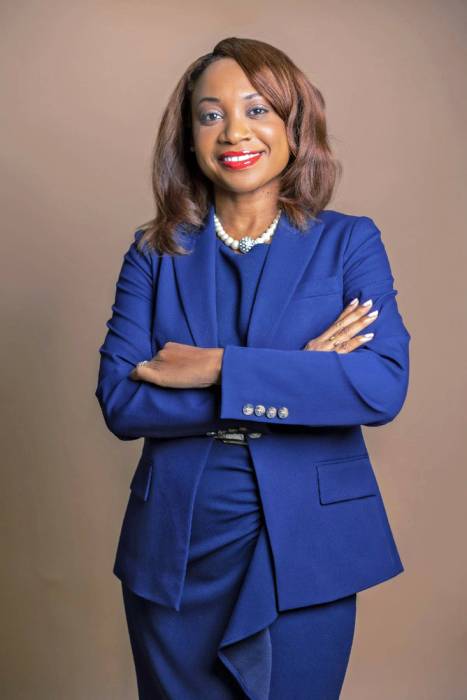Billy Corgan is one of the titans of the ’90s alternative rock scene. He’s a polarizing figure, having issued a few controversial remarks in the past regarding his ex-band mates, with whom he no longer tours. But with a new set of musicians touring under the Smashing Pumpkins name, Corgan wants to bring the band into the present.
Does the music you write under the Smashing Pumpkins name differ from material you’ve written as Zwan or your self-titled work?
It’s weird because the whole idea with the Pumpkins originally that evolved in the early days was more that it was supposed to be kind of an experimental excitement kind of thing whereas away from the Pumpkins, I tend to write a little bit more traditional music.
[It’s] probably a little more obvious in a way. For whatever reason, the Smashing Pumpkins, the idea of the band or the spirit of the band, has always pushed me to force myself out of my comfort zone. If it’s just me, Billy Corgan, I guess I want to try different things. There’s something about the way the band was formed as being in awe of rock ‘n’ roll but also wanting to destroy rock ‘n’ roll. That spirit still pervades everything that goes on with the Pumpkins.
So then, how does one destroy rock ‘n’ roll?
Maybe it’s different now, but let’s say 20 years ago there was sort of an unwritten rule that you don’t talk about how fake rock ‘n’ roll really was. If you saw this interview with Iggy Pop and he was talking about these amazing books he was reading, people would scratch their heads and say, ‘I thought he was kind of stupid and rolled around in glass.’
So the Pumpkins came along and were willing to poke holes, particularly in the indie alternative world, in the facetiousness of the whole thing, this idea that we were all living in vans down by the river. It was this kind of fantasy that musicians were a subterranean class, were able to create works of incredible beauty or something. So we were just like, oh f— all that.
Where do you see innovation happening in music?
Honestly, I think in terms of predicting something, the future of rock ‘n’ roll is probably in mixed media. Because it always starts in the basement with a 16-year-old. What can she do to actually change rock ‘n’ roll? Maybe she figures out a very cheap, easy but creative way of combining moving image, a personal vision, and music. So imagine like, a 16-year-old girl puts out a 20 minute film that she did on her own of moving images, songs that she created and suddenly, a million teenage boys and girls connect to what she’s doing, not just because of the song, but also the way she’s cut the music and the sound effects, like a personal statement of her world but more three dimensional than say just music is. I think that’s the future of rock ‘n’ roll.
In going into your back catalog as you kind of have to, are there any songs that you love playing again and are there songs you’d never play again?
Honestly, every time I tour, I look at the whole list and I go with what I feel. Songs we’re playing on this tour, some songs I haven’t played in like 17 years.
Like what? Which songs?
Oh, I can’t give that away. But some songs you play and it’s ‘oh, it feels good to play this after 17 years.’ But nothing’s prohibitive. I love playing my songs. I’ve gotten a bad rap for being picky about what I’ll play … but it’s weird because sometimes it’s not so much that I don’t want to play the song but it’s the audience’s expectations that effect what I want to play. You’ll play a new song that’s a pretty good song, and the audience applauds and then you play a mediocre old song and the audience acts like it’s the greatest song they’ve ever heard. As an artist, you’re standing there saying, OK, that’s not real. That’s a memory-sensory reaction.












